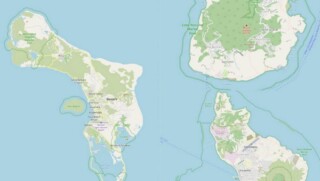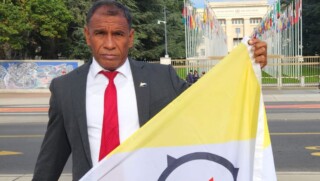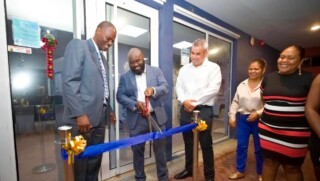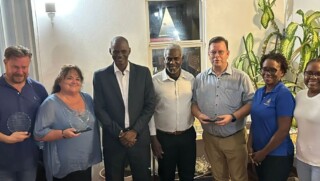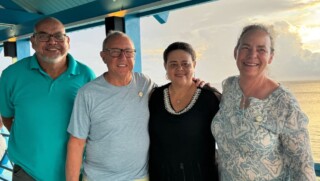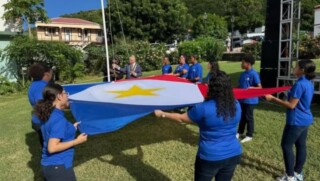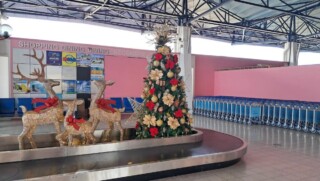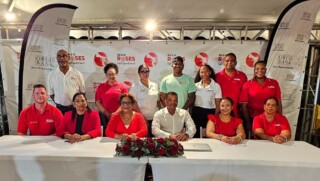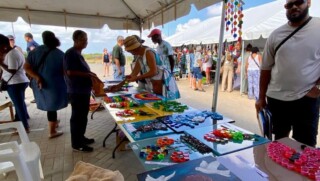Cabinet Presents Concrete Measures to Tackle Poverty in the BES Islands
THE HAGUE – The subsidy scheme for utilities on Bonaire, Sint Eustatius, and Saba, which had previously expired, has been extended to prevent a sudden increase in household costs. This decision represents a reversal for the cabinet, ensuring residents are not immediately burdened with higher fixed costs for electricity and water. The announcement was made in a letter to the Dutch Parliament on December 6.
With the extended subsidy, fixed monthly network costs for electricity remain around $35, comparable to what residents in European Netherlands pay. Without the subsidy, costs would rise significantly. Similarly, water charges will stay lower due to the extension. Households on Bonaire and Sint Eustatius will continue to pay $7.50 per month instead of the actual costs, which can reach $95.
On Saba, the price of bottled water is also kept low, which is essential for maintaining an affordable standard of living. However, State Secretary Zsolt Szabó noted, “These subsidies are temporary and will expire in 2025, which could lead to increased costs again.”
Minimum Wage
This extension is part of a broader package of measures to combat poverty and improve livelihood security on the BES islands. In addition to utility subsidies, the cabinet has decided to raise the minimum wage to $1,750 per month starting in July 2024. Social benefits, including the General Old Age Pension (AOV) and survivor’s benefit (AWW), will also increase to provide more financial relief for residents.
The cabinet is also exploring the introduction of an income-based child benefit scheme to support families financially, similar to the child-related budget in the European Netherlands.
Housing
Significant investments are planned to address the shortage of affordable housing. Over 2,100 new homes will be built on Bonaire, including social housing, mid-range rentals, and affordable homes for purchase. Sint Eustatius will see 50 new social rental homes, along with renovations for 100 existing homes. Saba will receive 50 new affordable homes. Until these projects are completed, financial support will remain available for low-income renters to ease the burden on the private rental market.
Public Transport
Public transportation is also set for improvement. On Bonaire, a public transport network will be rolled out starting in 2025. Saba has already launched a pilot project, while Sint Eustatius is exploring similar options. Inter-island transportation is also being enhanced, with plans for legal guarantees for air connections to Saba and Sint Eustatius. The current Makana ferry service will remain operational as long-term solutions are explored.
Childcare and Education
The cabinet is prioritizing childcare and education through the new BES Childcare Act, which aims to improve quality and accessibility. By 2027, parents will only need to cover 4% of childcare costs. Until then, financial assistance will continue for those struggling to afford childcare. Additionally, school meals will receive permanent funding starting in 2026, with interim measures in place to bridge the gap.
A total of €11.5 million has been allocated to combat poverty on the islands. These funds will support local initiatives such as Bonaire’s “Working on Prosperity and Well-Being” program and broader anti-poverty policies on Sint Eustatius and Saba. Extra attention will be given to debt relief and financial education to help residents maintain stability.
The cabinet aims to bring living standards on the BES islands closer to those in the European Netherlands while enhancing residents’ self-reliance. The combination of income increases, cost reductions, and investments in social infrastructure is intended to achieve sustainable improvements in livelihood security, according to the cabinet.



